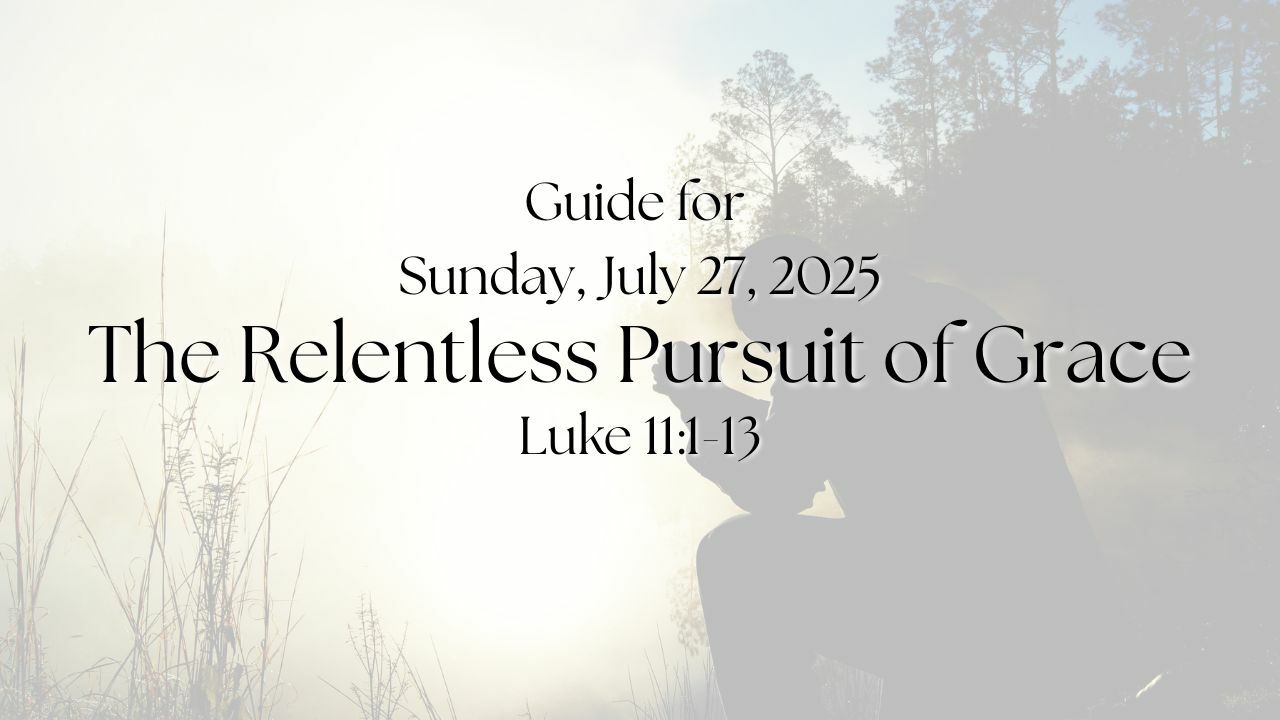
We can thank Shakespeare for the line, “The quality of mercy is not strained.” In modern English, we would say constrained, meaning that mercy is best given freely and abundantly. That’s Shakespeare. The Bible, in our reading today, suggests the same about persistence—that it’s at its best when it’s unfettered. We don’t often think of persistence in these terms. Maybe we should start!
- Think of a time when you showed (or wish you had shown) persistence. What were the circumstances? What was gained, or lost? What did you learn in the effort?
- While persistence is a virtue, it can sometimes be received as ‘nagging,’ which is a vice. How do you differentiate between the two? Has your fear of being accused of nagging kept you from pursuing things meaningful to you? If so, what were the consequences?
- The Bible illustrates persistence at work—see, for example, Matthew 15:21-28 and Luke 18:1-8. In what ways do these passages line up with the message in our reading today?
Next Step: Persistence is a biblical virtue. What’s one way you can comfortably incorporate this virtue into your everyday life?
Ministries
Worship
